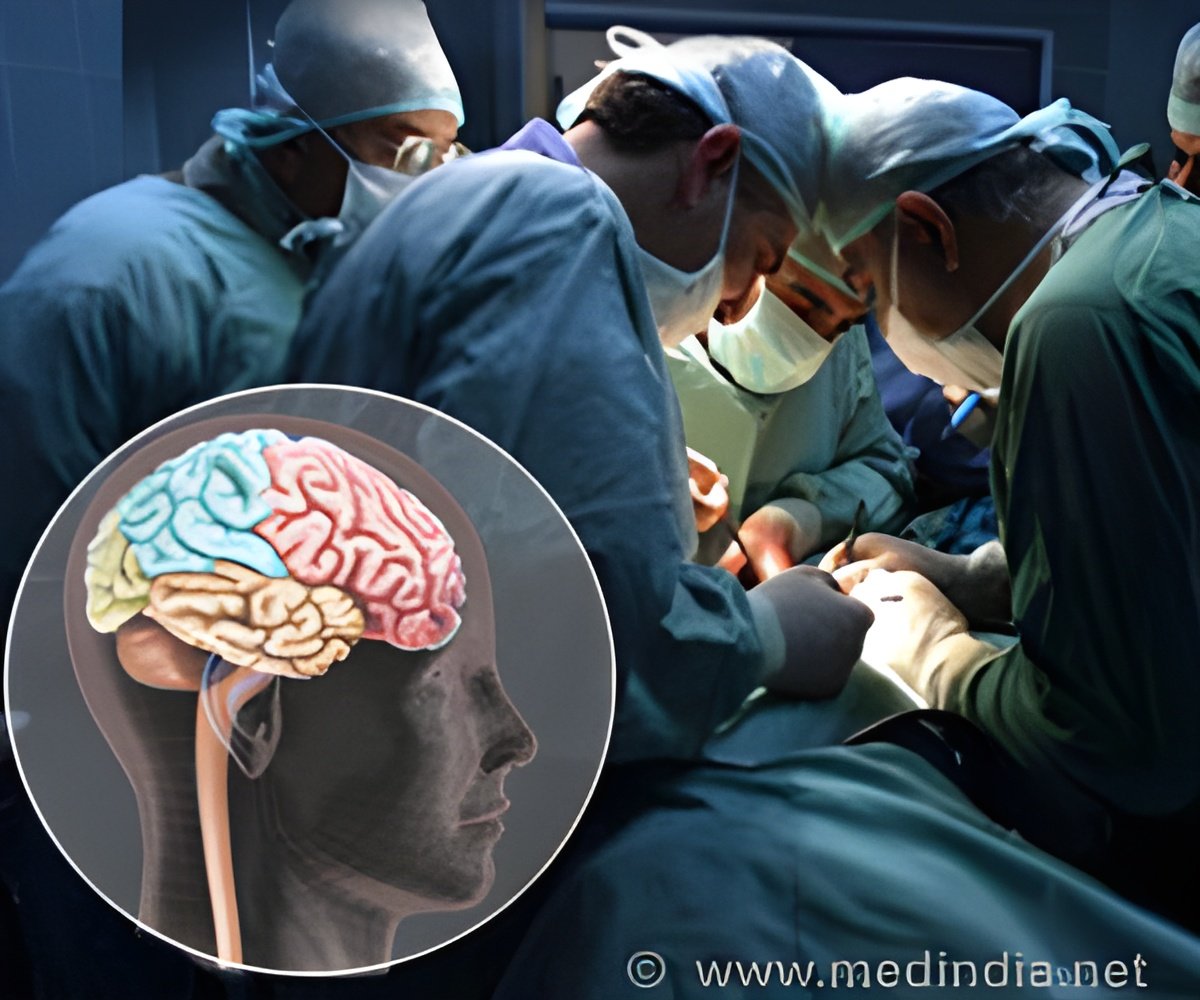
‘Major surgery may trigger certain patterns of cognitive alterations, depending on the previous presence or absence of Alzheimer's pathological changes, thereby acting as a promoter or accelerator of Alzheimer's disease (AD). This necessitates the need to include pre-surgical evaluation of cognitive tests and the analysis of Alzheimer's biomarkers widely available to screen the population at risk of developing the disease.’
Tweet it Now
The frequency of amyloid-β deposition increases with age in healthy people with almost one-third of the population being affected after 65 years of age. The exact mechanism that drives or inhibits this amyloid-β progression remains masked. "Although the phenomenon of cognitive deterioration after surgery has been known for a long time, there are few studies that relate it to AD. In the clinic, the patient's relatives frequently tell us that memory problem began after a surgical procedure or a hospital admission. This posed the following question: Is this just a recall bias or has surgery triggered the appearance of the symptoms in a previously affected brain?", Carmen Lage, the first author of the publication.
Major Surgeries Impact on Alzheimer's Disease
This idea was explored by the present study to derive the relationship between cerebrospinal fluid (CSF) amyloid-β levels and surgery . Healthy individuals over the age of 65 underwent cognitive tests before undergoing orthopedic surgery. Their CSF samples to determine amyloid-β levels were obtained during anesthesia. Nine months later, the same cognitive tests were conducted on the individuals.
It was observed that before the surgery, the memory test scores of the subjects who had abnormal amyloid-β levels were almost similar to those who had normal levels of amyloid-β. However after the surgery, almost half of the patients' cognition worsened compared to their state before surgery. They also exhibited a clinical pattern compatible with the onset of AD, in which memory problems predominated.
Advertisement
"The progressive aging of our societies and the improvement in surgical technique mean that more and more elderly and fragile individuals are undergoing surgery. Pre-surgical evaluation always assesses whether the cardiac or respiratory function will withstand the surgery, however, the potential consequences of the operation for the patient's brain are not usually determined. Our results would advocate that pre-surgical evaluation studies include cognitive tests, and even the analysis of Alzheimer's biomarkers, especially once these become widely available in plasma", says Dr. Pascual Sanchez-Juan, the principal investigator of the study.
Advertisement










